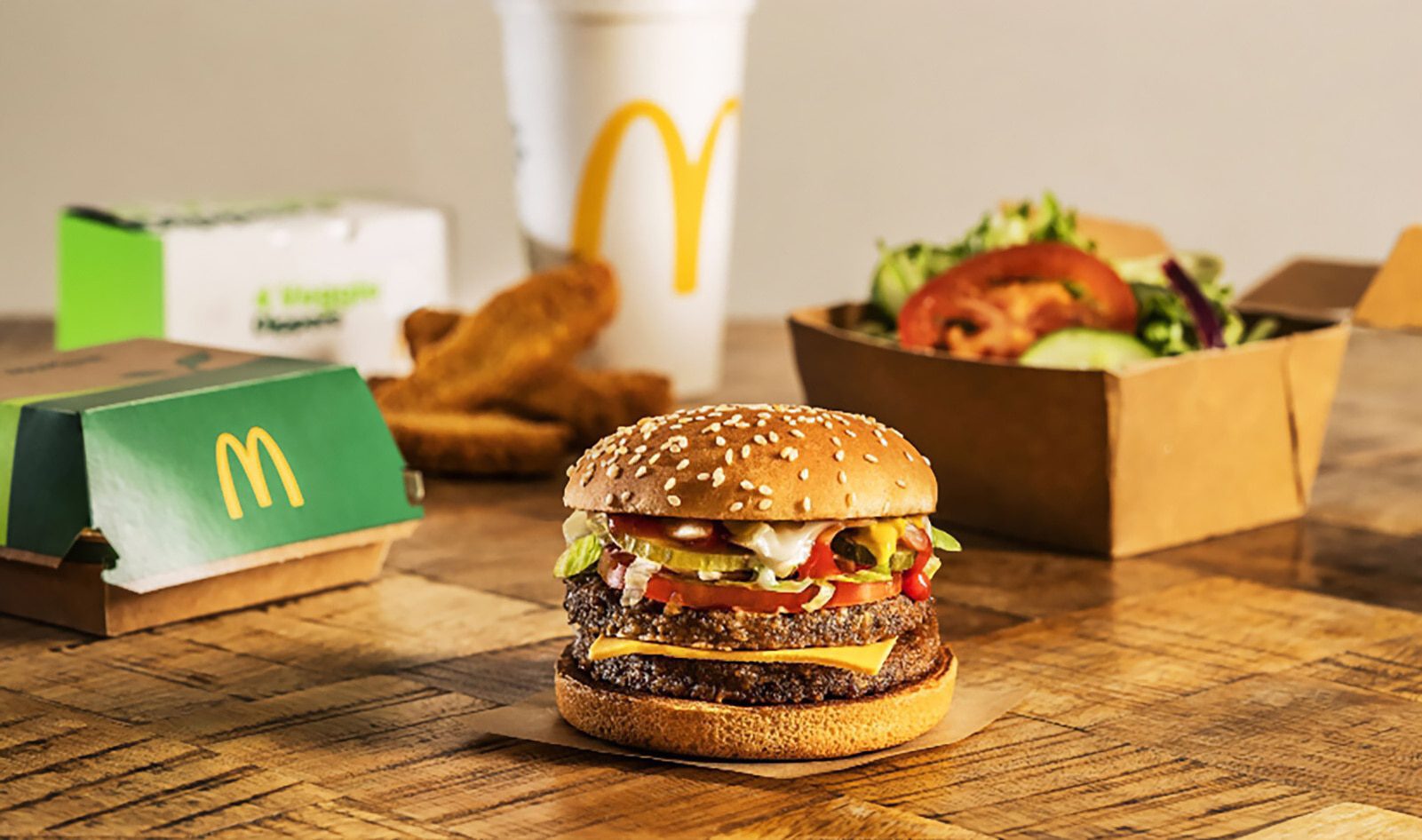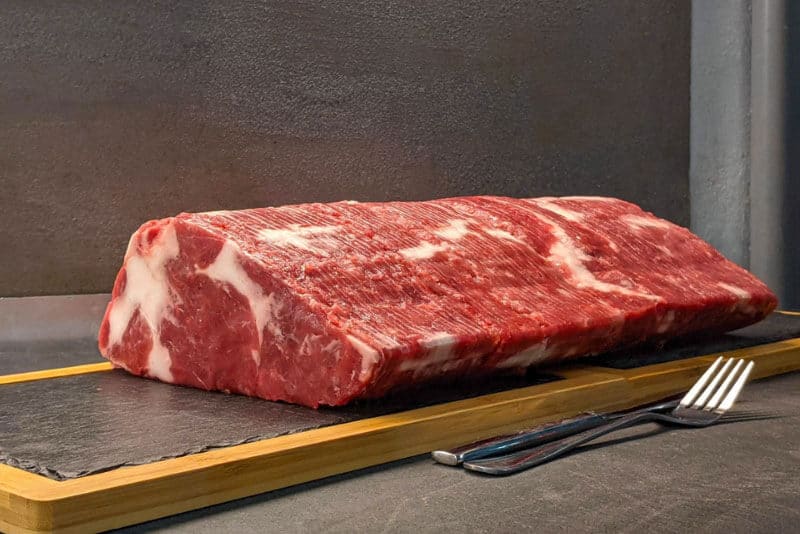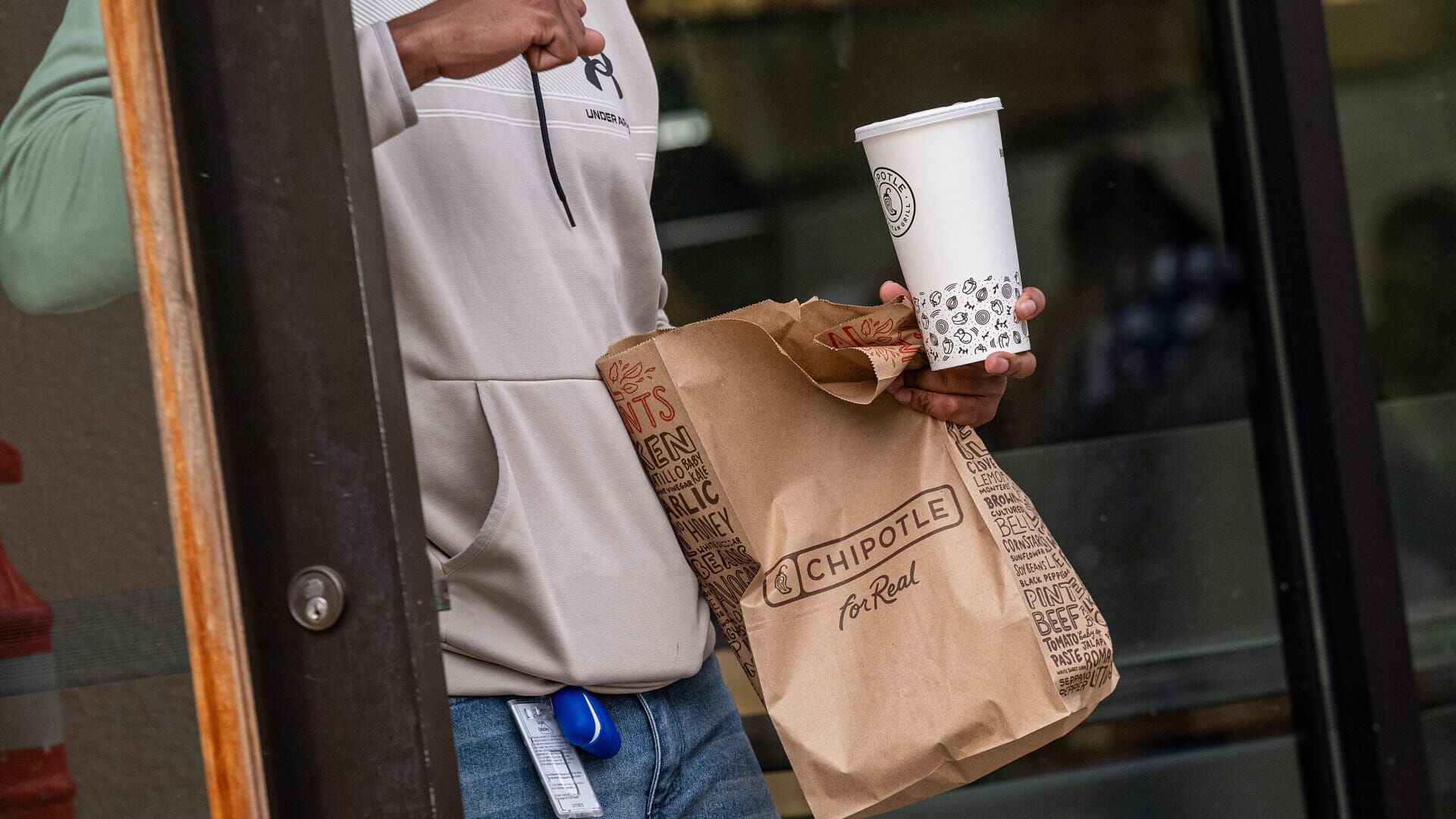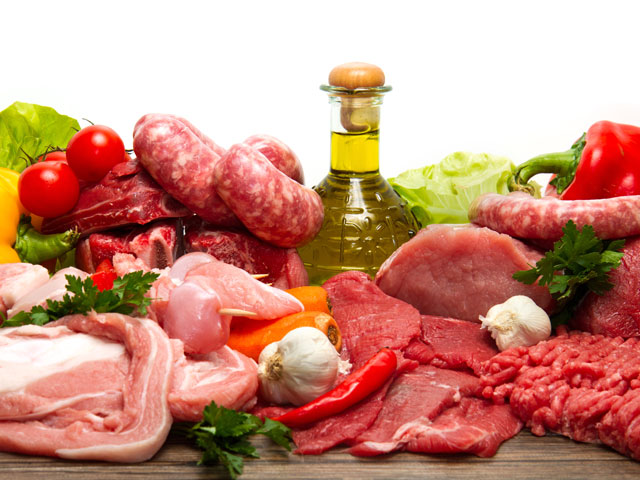In addition to being better for the planet, for the animals, and even for our health, plant-based meat alternatives offer a familiar and delicious means of transiting towards a more sustainable diet.
Plant-based meat alternatives, also known as alternative meats, have taken the world by storm over the past decade. Across the globe, they are now available on supermarket shelves and at fast food outlets. They are even used in the kitchens of Michelin-starred restaurants.
Alternative meats are more ethical, since they do not involve industrial farming or animals suffering a brutal existence. Additionally, it has been found in most studies, but not all, that producing vegan meat replacements is more environmentally friendly than farming animals.
But how healthy are these alternative meats?
More research is needed, as studies show conflicting conclusions. However, a recent study by Dr Chris Bryant at the University of Bath in the UK that examined 43 studies of plant-based foods and consumer attitudes reported that they have numerous environmental and health benefits. In terms of saturated fat, cholesterol, fibre, and a range of other nutrients, they are preferable to meat.
Dr Bryant says that plant-based meats may be viewed by some as unhealthy because they are unnatural or over-processed — perceptions that may be exacerbated by “interests in the conventional animal product industry who seek to cast public doubt on” these competing products.

He urges people to “resist the heuristic that animal meat is natural and therefore better, and instead listen to the science, which suggests that plant-based animal product alternatives can be a sustainable and healthy part of our future protein landscape.”
He does, however, point out that some can still be improved in terms of taste, texture, and how they are cooked. Some plant-based meat products will be more healthy than others; Dr Bryant concedes there is room for further innovation with “ingredients and processes to improve their nutritional properties — for example, by boosting vitamin content.”
Why not just eat vegetables instead of innovating with nutritional content? What if that Impossible burger were replaced with a mushroom burger? Or as chef Sat Bains of his eponymous two-Michelin-starred restaurant in Nottingham, England, says, “Don’t eat veggie bacon, just have a slice of beautiful aubergine roasted in olive oil instead.”
Hook The Meat Eater

A compelling reason for blazing ahead with meat substitutes is that almost 90 per cent of consumers who eat plant-based meat and dairy are actually meat eaters or flexitarians, and studies have shown that plant-based products similar to processed meat in taste, texture, and price have the best chance of replacing meat.
The food industry should continue along the path that works, since reducing meat consumption is “essential” to avoid climate catastrophe, and the most effective thing individual consumers can do to help the planet, according to a major study published in Nature, a leading global multidisciplinary science journal, in 2018.
Dr Wasamon Nutakul, SciTech Specialist at The Good Food Institute Asia Pacific, a non-profit that promotes plant- based alternatives, supports this view.
“We see plant-based meat as a way to introduce people to a more plant-based lifestyle, lowering the hurdle for consumers who have a hard time cutting down on meat or switching to veganism,” she says. “These products are designed for flexitarians.”

Meat eaters are certainly the intended audience for Asia’s first plant-based “butcher”, Love Handle, which opened in Singapore earlier this year. CEO and co- founder, Ken Kuguru, says that its products are designed to be as meaty as possible.
“We’re sure that vegetarians, flexitarians, pescatarians, and every kind of ‘arian’ will love all our products, but our passion and mission is to give meat lovers the option to enjoy the big meaty flavours and succulent textures they adore, and be good to the planet at the same time,” he says.
The butchery supplies chefs and home cooks, and carries its house brand products, including Love Handle ginger soy mince, brisket, ham and plant-based butter and feta cheese. It also stocks other brands, some of which are served at its diner/deli on the second floor, including plant-based seafood such as konjac calamari made by HAPPIEE!
Executive chef and co-founder Addis Tan, says Love Handle curates offerings to minimise confusion, and staff are on hand to educate consumers.
“Some are simply afraid to cook what they don’t understand, so our staff offer guidance, and our digital platform provides home chefs with easy access to on-demand video recipes,” he says. “These serve to make plant-based meats less intimidating, even for those who’ve never tried them before.”
The Michelin Touch

Chef Manjunath Mural, who now runs the more casual neo-Indian street food restaurant Adda after departing Michelin-starred Song of India, says his plant-based chicken dishes have earned a loyal set of customers. He uses TiNDLE nuggets and burgers made from soya and wheat proteins for his desi-tacos, Bollywood burger sliders, and makhani pot pie.
Using a plant-based meat felt natural for him. “Vegetarian food is popular in India, and food that provides an alternative to meat is very common. When I first tried TiNDLE, I was so impressed with the quality and that it tasted just like chicken,” he says.
The way a chef uses plant-based meats depends on the cuisine they are cooking, and Mural went through a process of trial and error. He settled on the tandoori technique: he marinates the product, spices it, and then cooks it for about 30 percent less time than he would regular chicken meat.
In Hong Kong, Michelin-starred Cantonese fine-dining restaurant Duddell’s did extensive trials of all options on the market before settling on OmniPork and Plant Sifu. It even created dishes specifically for these vegetarian substitutes, such as braised eggplant with salted fish and plant-based pork and deep-fried shrimp and plant-based pork rolls with vinegar sauce.
In Chinese cuisine, special diets were traditionally dictated by religious beliefs rather than health or individual preference, and plant-substitute meats have been a part of Buddhist culinary history for a long time.

Duddell’s Executive Chef Yip Kar On says he sees many guests opt out of eating red meat for lifestyle reasons.
“If guests request meat substitutes in any dishes, we will try to accommodate as much as we can,” he says. “A lot of R&D is needed before we launch a dish. It’s undeniable that there are discrepancies in terms of flavour and texture. Our goal is to preserve and maintain the original flavour, form and plating of the dish. With the current selection in the market, it’s much easier to achieve this than in the past.”
Hong Kong chef Manav Tuli of Michelin-starred Indian hotspot Chaat also uses a meat substitute, but sits on the other side of the alternative meat fence. Scared off by the heavily processed nature of “fake” meats, he promotes eating as our ancestors have done for millennia — a diet heavy on “proper, natural” plant products and very small amounts of meat and fish.
He uses preserved jackfruit as Chaat’s meat substitute for his traditional samosas. The jackfruit is organic, minimally processed, and free of pesticides, GMOs, artificial colours, and preservatives.
“It’s a natural product I’ve grown up eating and it has always been a vegetarian meat for us,” he says.
Considering the magnitude of the issues we face, will going back to our roots be enough? Or is science the only hope for us?
Future Food: Lab-Grown Meats

Cultivated in labs rather than raised on farms, cell-based meats could disrupt agriculture as we know it.
The global plant-based meat market was valued at US$5.06 billion (S$7.2 billion) in 2021, and is predicted to grow by 19.3 per cent annually to reach US$24.8 billion by 2030, according to market research firm Grand View Research.
Concurrent to that, the global market for lab-grown, cell-based or cultivated meat, as it is variously called, could reach US$25 billion by 2030, according to consultants McKinsey & Company.
Together, that is still a small slice of the 2030 projected US$1.4-trillion meat market, but food companies — from start-ups to multinational giants — are racing to bring their products to market.
In December 2020, Singapore was the first country in the world to allow the sale of cultured meat when the Singapore Food Agency approved a lab-cultured chicken meat substitute product by GOOD Meat from US start-up Eat Just. The firm is now building the largest cultured meat facility in Asia at JTC Bedok Food City, which will have some 50 researchers, scientists, and engineers.
Building a diverse range of plant-based meats

Labs are not just growing chicken. While Eat Just is working on growing Wagyu beef, Avant — the first cultivated meat company in Greater China — is developing fish products, including fish maw. Start-ups around the world are also creating eggs and imitating cow’s milk.
Celebrity chefs are also supporting cultured meats. Dominique Crenn, who won the prestigious Icon Award from the World’s 50 Best Restaurants in 2021, plans to become the first chef in the US to offer lab-grown meat. She has partnered with UPSIDE Foods, a food technology company in Berkeley, California, and will serve its cell-based chicken at her three-Michelin-starred, San Francisco-based Atelier Crenn — once the cultured meat is approved by the US Food and Drug Administration and Department of Agriculture.
According to Argentine chef Francis Mallman, who appeared in the first season of Netflix’s Chef’s Table and is nicknamed “Carnivore King”, we will no longer be eating animals in 30 years, and that he plans to serve cultured meat at one of his several restaurants in the future.









